The Spanish National Library (Biblioteca Nacional de Espana, BNE) was founded in 1711 under King Philip V and is now one of the largest national libraries in Europe with over 35 million physical documents and the largest digital collection of Spanish cultural heritage. BNE is not only an archive but also a center for research, preservation and dissemination of knowledge, operating according to a modern model combining tradition and digital technology .
This model focuses on the central role of the national library system, with headquarters in Madrid and Alcala de Henares, as defined by Royal Decree 1581/1991. The main activities of the library include: legal collections, document digitization, online services and international cooperation. BNE has adopted a new library management system (from 2023), integrating artificial intelligence (AI) and open data, to optimize processes and improve user experience.
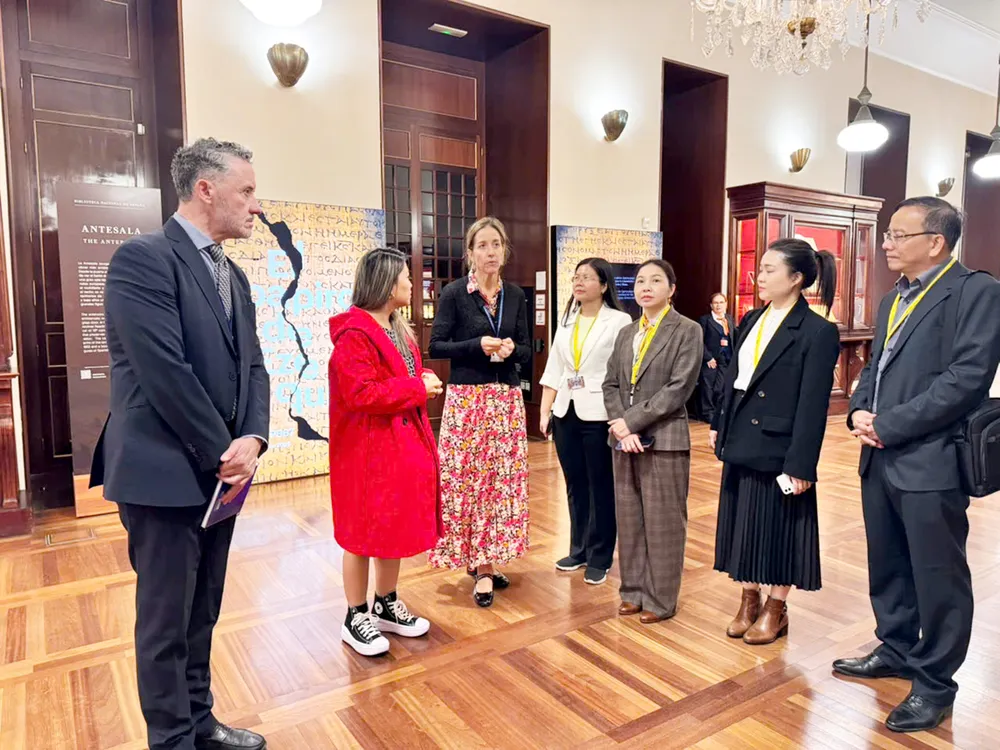
The National Library of Vietnam (NLV) has cooperated with BNE through a memorandum of understanding on document exchange and staff training, creating a foundation for learning. Based on the BNE model, Vietnam can apply experiences to enhance the role of NLV in heritage conservation and promote lifelong learning, especially in the context of national digital transformation. In the context of Ho Chi Minh City, the city library system, especially the General Science Library, can study lessons to apply and promote effectiveness in practice.
First of all, it is necessary to build and strictly enforce a legal deposit system. Since 1712, BNE has required all publishers to deposit a copy of all publications (books, newspapers, online documents), helping to build a comprehensive collection of national heritage. Vietnam has a similar regulation (Publishing Law 2012) but enforcement is limited, leading to gaps in local and online document storage.
Therefore, NLV and the library system nationwide need to learn how BNE integrates digital archiving (since 2015), expanding to platforms such as e-books and other publications, to preserve digital cultural heritage systematically. For example, in Ho Chi Minh City, there should be regulations that all publications published and officially released must be submitted to the General Science Library, whether physical copies or other forms. Thus, the library system needs to be equipped with means to store, exploit, serve and preserve these types of publications appropriately.
In addition, it is necessary to promote digitization and build an open digital archive. In 2025, BNE digitized more than 500 discontinued journals and provided 859 public works via an online platform, with a focus on preservation and free access. They also have BNElab - a digital data reuse project. NLV currently also has a digitized Han Nom document repository and thesis database as well as some newspapers, but the scale is still small. Therefore, applying the BNE model to cooperate with regional libraries (especially libraries that may have many documents in Vietnamese or related to Vietnam such as in China, Korea, Japan, France, the US...), investing in comprehensive digitization of rare documents (Nom books, Vietnamese historical documents, old newspapers...).
At the same time, it is necessary to integrate AI to manage big data, helping users access through multilingual websites (such as Vietnamese, English, French, etc.). From here, it is possible to deploy exploitation (both free and paid documents) to widely introduce Vietnamese documents and thereby initially generate revenue.
Libraries also need to continually improve user services and integrate modern technology. Currently, BNE offers a personalized area in the online catalog (managing requests, saving searches, exporting data), interlibrary loan services and specialized reading rooms. They also organize interactive exhibitions and workshops on AI in conservation.
In Vietnam, in the past, NLV has had an open reading room and a "Lifelong Learning Week" event, but online services are still limited. Therefore, it is necessary to deploy an automatic management system for submitting, storing and reusing external data, so that libraries can develop mobile software (apps) or personalized platforms to support lifelong learning for students, researchers, etc.
In addition, it is necessary to continue expanding international cooperation and the central role of the library system. Currently, BNE is the focal point of the Spanish library system, cooperating with regional and international libraries (such as CENL - European Conference of National Libraries), sharing resources and training. NLV has signed cooperation agreements with BNE, Korea, Japan... but needs to be more extensive and have a more systematic strategy. Thus, it is necessary to build libraries into national "digital knowledge connection centers" (such as the model of the Center for Library and Digital Knowledge of Hanoi National University), linking with local and international libraries to exchange expertise, sponsor projects, organize joint conferences on cultural preservation...
Finally, it is necessary to integrate cultural spaces and community education. From 2024, BNE will begin to combine libraries with museums, organize multidisciplinary exhibitions and public events to attract tourists and the community. The library system in our country should have a "Vietnam Documentary Museum" and each locality and each sector should have community activities in parallel with academic content.
It is necessary to turn libraries into multi-purpose spaces with interactive exhibitions, cultural seminars, especially educational programs (such as "Book Festival", "Book Storytelling Contest", etc.), connecting with cultural tourism to raise community awareness of heritage, while supporting Vietnam's goal of "Building a Learning Society". At the same time, there is a need for solutions to turn some libraries into tourist attractions for both domestic and foreign tourists.
Source: https://www.sggp.org.vn/mo-hinh-thu-vien-ket-hop-giua-truyen-thong-va-cong-nghe-so-post819969.html








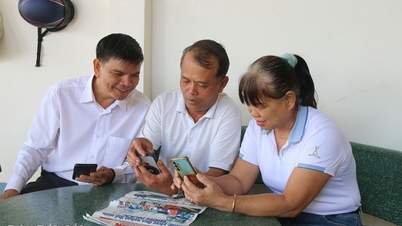

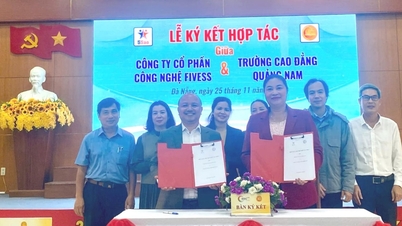

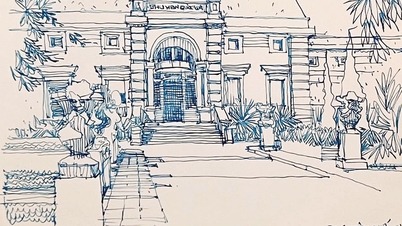

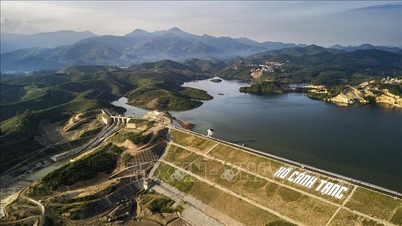




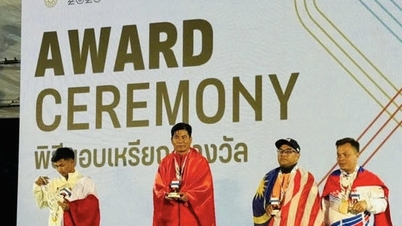

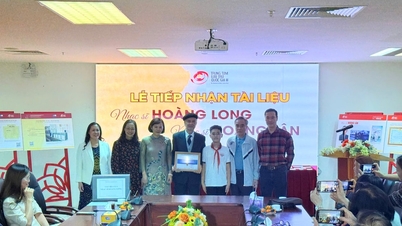


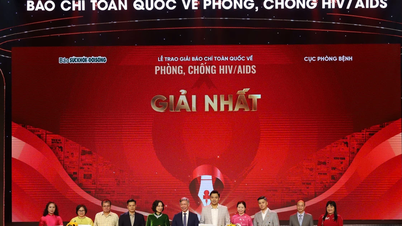







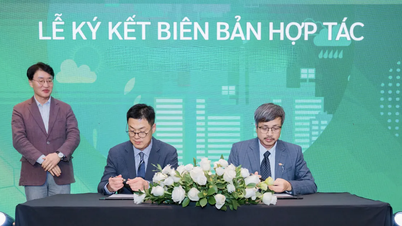
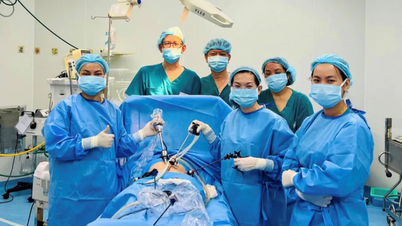
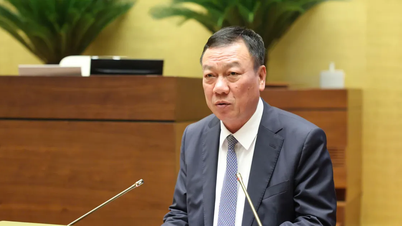
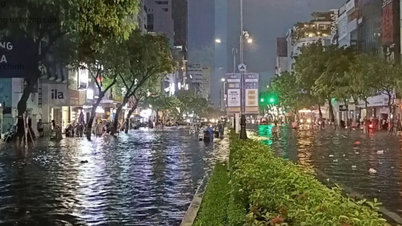
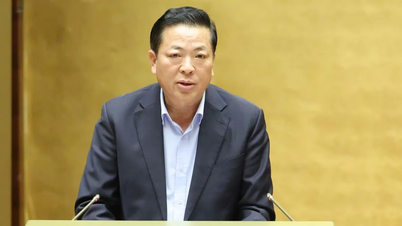




![[Video] The craft of making Dong Ho folk paintings has been inscribed by UNESCO on the List of Crafts in Need of Urgent Safeguarding.](https://vphoto.vietnam.vn/thumb/402x226/vietnam/resource/IMAGE/2025/12/10/1765350246533_tranh-dong-ho-734-jpg.webp)
































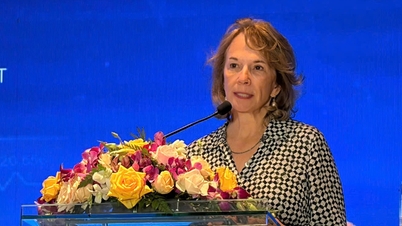


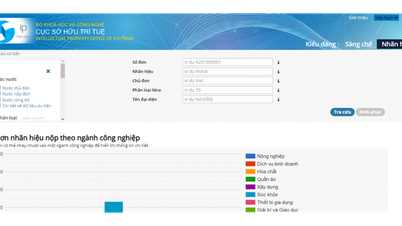
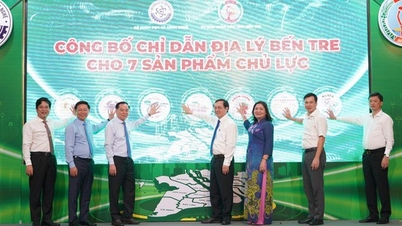
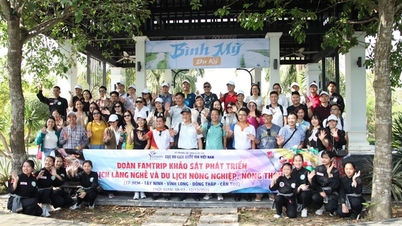

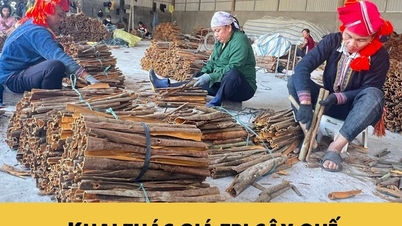
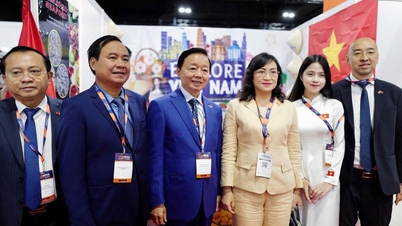

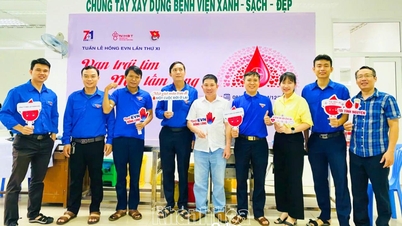

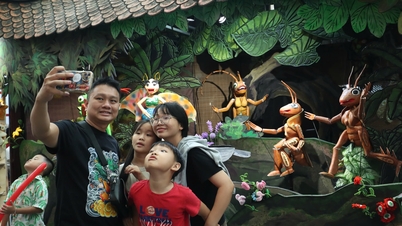

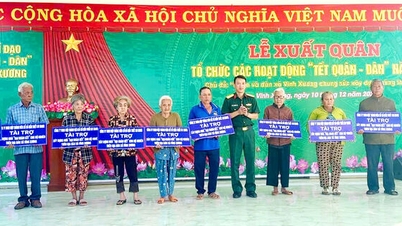

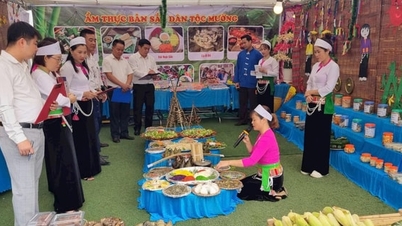

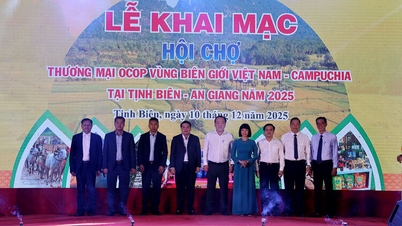
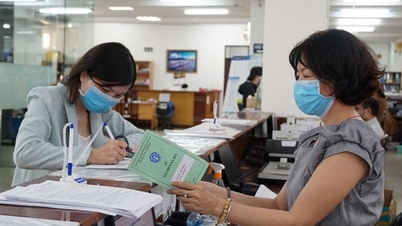










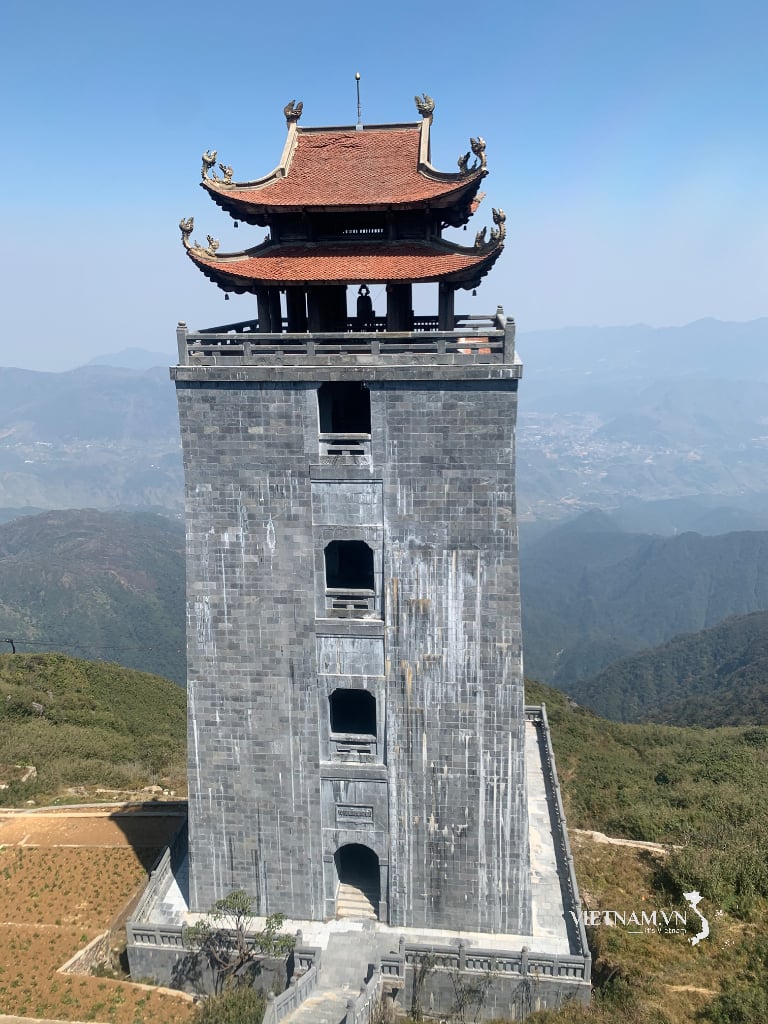







Comment (0)